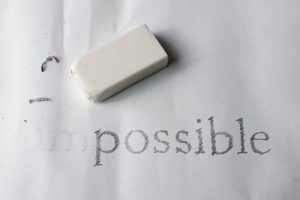A few things I am discovering as I dip my toes into learning Swahili: it is a really fun language to speak, the words are pronounced as they are written which helps make it a bit easier, and I am good at speaking it when I can look at the words, but I am not so good at remembering the words if I’m not looking at them. The Hello!Jambo app is proving to be helpful for learning some of the basic words and phrases that will come in handy for my trip. These are the words and phrases I am focusing on to begin with:
Good morning – Jambo au Habari za asubuhi

Photo by redcharlie on Unsplash
How are you? – Hujambo Hamjambo
Thank you – ahsante
Goodbye – Kwaheri
Please – tafadhali
I am looking for – ninatafuts
My name is – Jina langu ni
Goodnight – Ulalesalama
Hello – Jambo
I have also learned a few interesting facts about Swahili as well. It is mostly spoken by the people of eastern and central Africa. It is also known as Kiswahili, which means ‘language of the Swahili people.’ Swahili has been strongly influenced by Arabic, which can be seen in the many Arabic loanwords found throughout the language. Though there are about 15 Swahili dialects, the main one that is used is kiUnguja. The Swahili language originated as a result of trade that took place between Bantu tribes and traders from Arabia, Persia, and Southeast Asia.
My goal for the next couple weeks is to become comfortable with the words and phrases I have listed above. From there I will try to learn some words that are a bit more specific to school such as subject names, days of the week, counting to ten etc. As I will be working with primary grades, these words may come in handy if I run into language barriers with the students. Kwaheri for now!
 e of PSII and their educational philosophy.
e of PSII and their educational philosophy.





Recent Comments